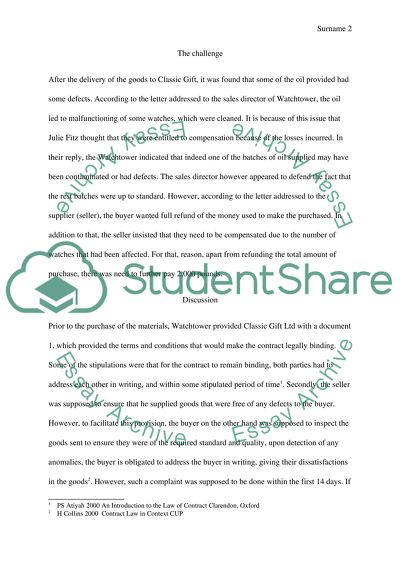Cite this document
(“Commercial Contracts Essay Example | Topics and Well Written Essays - 3500 words”, n.d.)
Commercial Contracts Essay Example | Topics and Well Written Essays - 3500 words. Retrieved from https://studentshare.org/law/1474175-commercial-contracts
Commercial Contracts Essay Example | Topics and Well Written Essays - 3500 words. Retrieved from https://studentshare.org/law/1474175-commercial-contracts
(Commercial Contracts Essay Example | Topics and Well Written Essays - 3500 Words)
Commercial Contracts Essay Example | Topics and Well Written Essays - 3500 Words. https://studentshare.org/law/1474175-commercial-contracts.
Commercial Contracts Essay Example | Topics and Well Written Essays - 3500 Words. https://studentshare.org/law/1474175-commercial-contracts.
“Commercial Contracts Essay Example | Topics and Well Written Essays - 3500 Words”, n.d. https://studentshare.org/law/1474175-commercial-contracts.


